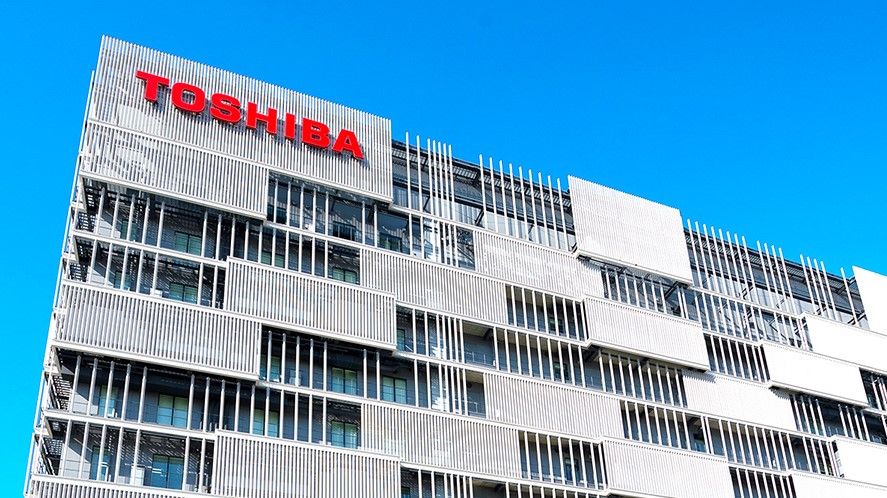Gambling
Attention grows on Alabama’s stalled gambling and lottery bill

Legislation allowing for a vote on a statewide lottery and the authorization of seven casinos for electronic gaming continued to stall on Thursday, two days after a late-night vote fell one-vote short of advancing.
The Alabama Senate did not bring up either HB151 or HB152 on Thursday – both pieces of legislation that represents the state’s best attempt at authorizing a vote for a lottery and casino gambling since 1999.
“Much debate, much discussion today,” said Alabama State Senate President Pro Tem Greg Reed, R-Jasper. “I don’t know what the outcome will be other than membership is working on the issue.”
The constitutional amendment — HB151 – failed to advance out of the Senate by one vote on Tuesday, after it was voted out of the Alabama House. The bill establishes an educational lottery, as well as limited electronic casino gambling at seven facilities spread across Alabama. As proposed, the constitutional amendment would allow for a special election to take place on Aug. 20.
The Senate’s failure to advance the measure captured a bit of national attention on Thursday, even if it wasn’t reconsidered for another vote inside the State House. Former President Donald Trump’s son, Donald Trump Jr., tweeted out earlier in the day a question on why Alabama lawmakers refuse “to let the people vote on a clean bill to legalize the lottery and fund education.”
He noted that 45 other states have a lottery. Only Alabama, Utah, Hawaii, Alaska, and Nevada do not.
“There are a lot of elements here,” Reed said, when asked why a clean lottery bill – absent any casino gambling – could not be voted on in the Legislature. “I think the people of Alabama understand many of those (issues). Some of those, maybe they do not. There are a lot of stakeholders in the process. The most important stakeholder, to me, is the people of Alabama. If we bring something to the Senate floor as we did, we have to feel confident about it, we have to make sure it’s exactly what we want and what we think is best.”
Reed said he was unaware of Trump’s tweet, but said the attention was welcomed and praised his father, who is the GOP presidential nominee this fall.
“If folks want to look at Alabama and offer an opinion on what we ought to do or not do, we are used to that,” Reed said. “If they want to offer their opinions, that is their prerogative.”
Poarch Creek concerns
Alabama State Senator Greg Albritton of Atmore John Sharp/jsharp@al.com
Reed’s comments come as attention focuses on three senators who flipped their “Yes” votes on a prior gambling bill in March to a “No” vote on Tuesday that sunk the measure by one vote. With a 20-15 vote Tuesday, HB151 failed passage by a single vote. It takes 21 “Yes” votes to pass out a constitutional amendment in the Alabama Senate, or three-fifths support from the 35-member Senate.
All 15 “No” votes were from Republicans. Of those, seven have been consistent “No” votes on prior gambling and lottery packages, including the last time the issue did not advance out of the legislature in 2021.
Albritton, who was a member of a conference committee that moved the gambling and lottery measures out to the House and Senate floors on Tuesday, said he continues to have several concerns about the packages. He said he has no plans on switching his vote.
Among those concerns, he said, is the exclusion of a fourth casino owned and operated by the Poarch Band of Creek Indians (PCI). A previous version of the gambling package contained language that would have allowed the tribe to own and operate a casino on non-tribal lands in Northeast Alabama.
“That’s absent from this,” Albritton said. “Not only is it absent, but there is very restrictive language so that it could not occur.”
The overall gambling package, outlined in the 127-page HB152, includes a lottery to fund education and authorizes up to seven casinos allowing for slot machines or “electronic gaming. The casinos would be located at existing dog tracks and bingo halls throughout the state, two of which are in Greene County.
The seven casinos would be prohibited from having table games that use cards, dice, or a dealer. The other three casinos would be full-scale casinos on tribal lands operated by PCI in Atmore, Wetumpka, and Montgomery under a compact negotiated with the governor. Sports betting was also not included within the legislation.
PCI, in a statement Thursday, said the legislation would have “disastrous long-term impacts on Alabamians.”
“Clearly, voters are anxious to have a chance to vote on a clear and complete plan for gaming,” the statement reads. “But a careful reading of this bill uncovers that the good intentions of legislators to craft a gaming plan that will limit and tax gaming in our state have not been realized.”
According to PCI, their most “serious concerns are provisions in the bill” that would “open the door to a mass expansion” of games powered by artificial intelligence that mimic “with frightening accuracy,” Las Vegas casino offerings like poker, roulette, and other Class III games.
The PCI said the legislation allows for electronic gaming that “mimics pinball, Skee-Ball, and pool” and are games that target children with no built-in controls.”
“We continue to support a lottery and are optimistic that our legislature will find a way to pass a clear and complete gaming bill that regulates, controls and taxes gaming businesses and that also reflects the values of our State,” according to PCI.
Democratic response
Alabama State Sen. Bobby Singleton, D-Greensboro, speaks on the Senate floor on Thursday, May 2, 2024, at the State House in Montgomery, Ala.John Sharp
Alabama Democratic lawmakers have been unified in support of the latest gambling package. Under HB132, casino gambling proceeds would be funneled into the state’s General Fund to finance a host of measures such as mental health and rural health care, road repairs, state parks and historic sites, and bonuses to state employees.
The measure also includes a provision that represents an expansion of Medicaid, politically unpopular among some Republicans since expansion was provided within the Affordable Care Act during the Obama Administration.
Within HB152, there is language that allows casino money to go toward the “purchase of qualified health benefit plans for adults with income below 138 percent of the federal poverty level.”
Senate Minority Leader Bobby Singleton, D-Greensboro, said he didn’t know if the language was meant so much as an expansion as Medicaid as it was an effort to boost funding for rural health care. The Alabama Hospital Association has reported that about a dozen rural hospitals in the state are at risk of immediate closure.
“It’s about making sure we have the dollars in there to make sure we can do telemedicine and mobile units to go out into the rural areas,” Singleton said. “We have bad prenatal care out in our rural areas. Our OB-GYN’s have shut down in our rural hospitals and we need to bring them back wherever we find dollars. I feel good about what we put in that bill.”
He added, “I don’t think that is the issue as to why it failed up here. I think it’s pure politics.”
Reporter Mike Cason contributed to this piece.









